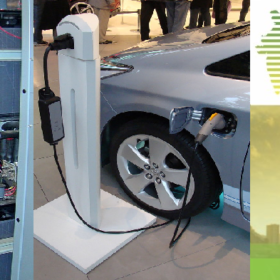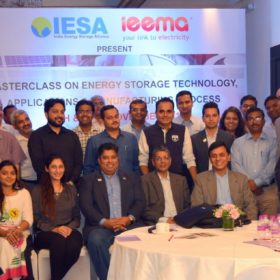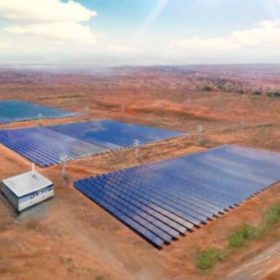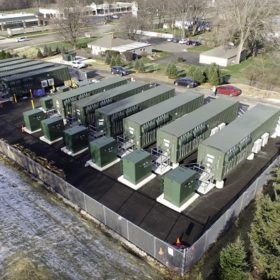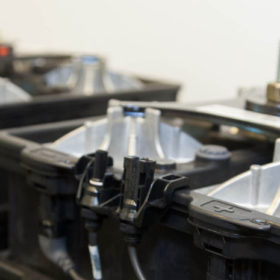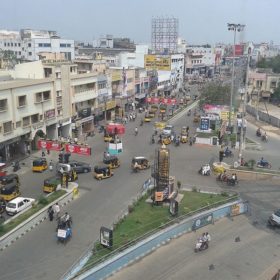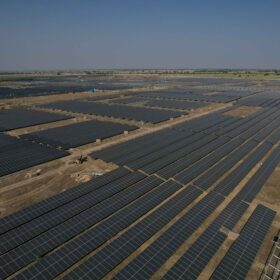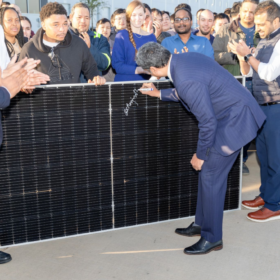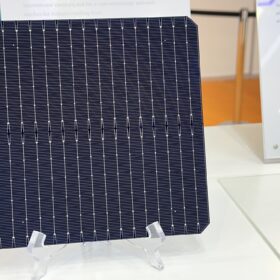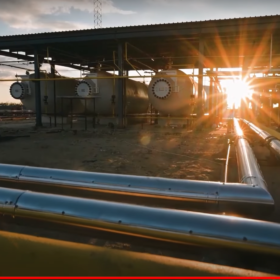Energy Storage India 2018
The three-day exhibition and conference held in New Delhi organized various hands-on workshops and saw discussions on topics like mini and micro-grid systems, electric transportation, and the financial analysis for these sectors. The government has also announced the upcoming energy policy, placing storage at the core.
IESA, IGEF sign deal at Intersolar India to promote energy storage
India Energy Storage Alliance (IESA) has signed an MoU with Indo-German Energy Forum (IGEF) to promote and facilitate the energy storage business in India among various German and Indian stakeholders.
BNEF summit: Low solar prices spreading spending doubt among Tier-1 firms
Trina Solar may scrap planned Indian PV fab amid tumbling prices driven by solar auctions, reports Bloomberg New Energy Finance during its Shanghai summit. Demand for lithium, meanwhile, poised to reach record high on back of expected EV growth.
Energy storage shines bright in India
IESA and IEEMA have together organized a masterclass to develop advanced energy storage manufacturing in India. The event has also witnessed increased government support for the sector as energy storage opportunities in India are expected to attract investment of more than $3 billion in the next three years.
EESL India owned EPAL partnered with Leclanché to invest $12 million into first utility-scale storage project in Canada
The project will improve stability on Canada’s largest transmission grid by managing unbalanced supply-demand situations. Similarly, Indian PSUs owned EESL, through EPAL, will also be a part of $175 million investment in clean energy initiatives in the UK’s public and private sectors.
India’s first utility-scale solar storage project realized
Mahindra Susten won the auction for 20 MW/28MWh with the final all-in price of INR 2.99 billion ($46 million).
NTPC cancels Andaman’s energy storage tender
This is the third instance where an energy storage project has been cancelled in India, after MNRE EoL and SECI’s derailed projects in 2014 and 2016 respectively.
Indian energy storage market estimated to reach 70 GW by 2022
India Energy Storage Alliance (IESA) estimates the market for energy storage will grow to 100-200 GWh between 2017-22.
Interview: India’s storage market readies the ground for growth
The executive director of the India Energy Storage Alliance (IESA) Rahul Walawalkar, talks to pv magazine about India’s vast energy storage potential ahead of next week’s World Energy Storage Day.
India’s SECI cancels 950 MW of solar tenders, seeks re-tender at lower rate
The Solar Energy Corporation of India has scrapped large amounts of solar+storage tenders at both the Pavagada and Kadapa solar parks as it seeks to renegotiate with states for lower tariffs.
